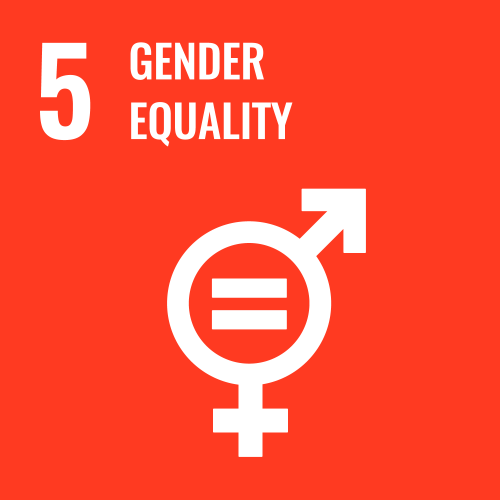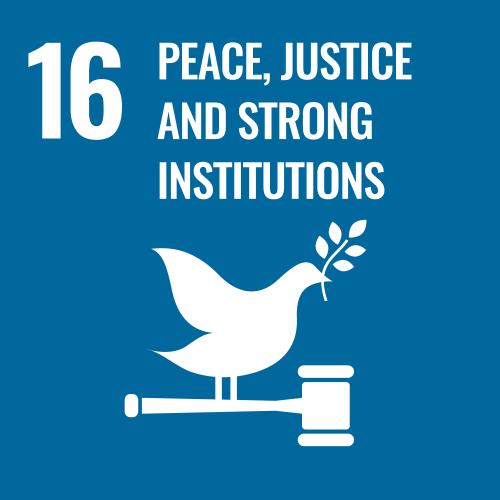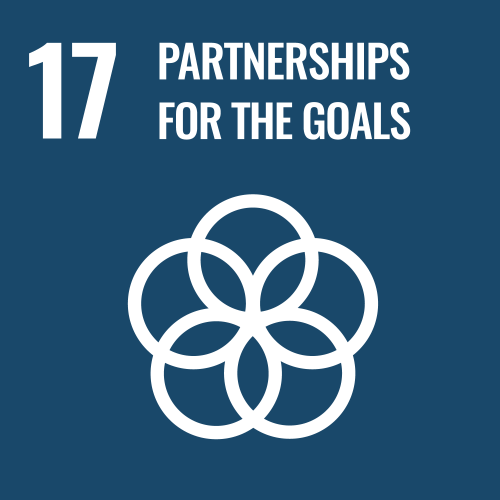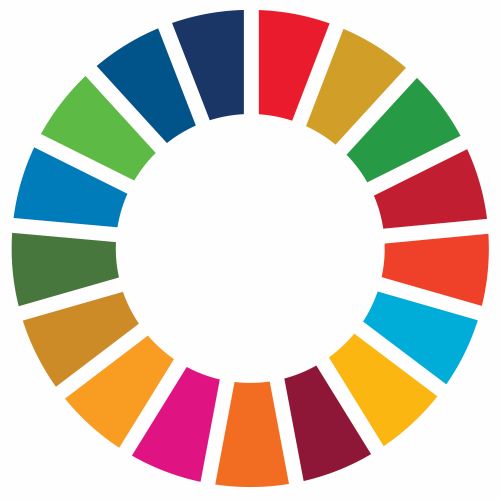
28/08/2025
The European projects led by FIAP EUROCLIMA and Inclusive Societies participated in the 16th Regional Conference on Women in Latin America and the Caribbean.
Half a century ago, a fundamental chapter in women’s rights was written at the Tlatelolco University Cultural Center in Mexico City. It was there that the first World Conference on Women, organized by the UN, was held, and it was there that the world recognized for the first time that “women’s issues” were issues of humanity.
This same place, which gave its name to the Tlatelolco Commitment, in which care was elevated to the status of a human right, has been chosen to host the 16th Regional Conference on Women in Latin America and the Caribbean. This Conference, organized by ECLAC and the United Nations (UN Women), has made it possible to propose transformations in the political, economic, social, cultural, and environmental spheres to promote a society of care and gender equality. With delegations from 31 ECLAC member states, representatives from 23 United Nations agencies and 25 intergovernmental organizations, parliamentarians, academia, civil society, and with the support of the European Union, the meeting has recognized care as a necessity, a right, a public good, and a key factor in boosting the economy.
FIAP, in its strategic commitment to promoting gender equality in all projects and activities, participated in the Conference. Two major programs funded by the European Union and led by FIAP participated in the activities of this key event in the region: the Climate Change Program in Latin America and the Caribbean, EUROCLIMA, and the program to reduce inequalities in Latin America and the Caribbean, within the framework of the Global Gateway, Inclusive Societies.
The President of Mexico, Claudia Sheinbaum, opened the event with the conviction that “it is time for women throughout the world” and stated that “Latin America and the Caribbean is a region that cares for the land, nature, other people, and its community by origin.”
As ECLAC points out in its study “The Care Society,” states today have an important opportunity to promote this transformation and respond to a growing crisis in the field of care. The publication emphasizes that building a care society represents an indispensable transformation to achieve “substantive equality, sustainable development, and peace.”
At the same time, the European program Inclusive Societies organized the event: “The European Union and Member States in Care Policies: Cooperation Initiatives and Instruments in Latin America and the Caribbean.”
This meeting has been key to fostering a space for coordination between European and Latin American actors and sharing experiences and good practices in strengthening care policies in the region, contributing to gender equality and social inclusion.
The event was attended by representatives from the EU-LAC Foundation and various European agencies such as GIZ-Germany, the French Development Agency and Expertise France, the Italian Cooperation Agency, and Spain’s AECID, where they were able to exchange with some countries in the region, such as Mexico, Costa Rica, and the Dominican Republic, on the most relevant aspects and lessons learned from care policies for substantive and real bi-regional progress.
Peggy Martinello, director of the Public Administration and Social Affairs area at FIAP, highlighted at the close of the event the need to move towards societies that share responsibility for care, integrating governments, the private sector, communities, and families. “This requires dialogue to promote new social pacts that redefine the value of care and promote a more equitable distribution of time and responsibilities.”
In addition, UNDP-UNEP and FIAP, through EUROCLIMA, organized the event “Climate Change and Care: Towards a Green and Just Transition in Latin America and the Caribbean.”
With a significant presence of leading authorities such as Brazil’s Minister for Women, Márcia Lopes, various essential aspects of climate change policies in the region were addressed.
During the meeting, the need to focus on women when promoting a just green transition was discussed, as women are more vulnerable to the impact of climate change, as pointed out by the United Nations.
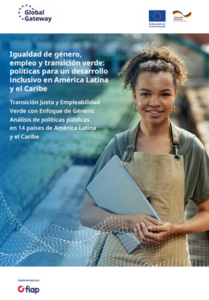
One of the key contributions in this regard has been the presentation of the Study on Just Energy Transition and Green Employability for Women in Latin America and the Caribbean, prepared with the support of FIAP-EUROCLIMA within the framework of the Regional Working Group on Gender and Environment.
Likewise, countries in the region such as Brazil, Colombia, Chile, Costa Rica, Guatemala, and Mexico have shared their experiences and progress in climate policies where care is at the center and is the fourth pillar of the welfare system.
In line with the commitments of the feminist cooperation strategy and feminist foreign policy, FIAP actively supports this agenda, backing policies that place care for people and the planet at the heart of efforts to build more inclusive and sustainable societies.
